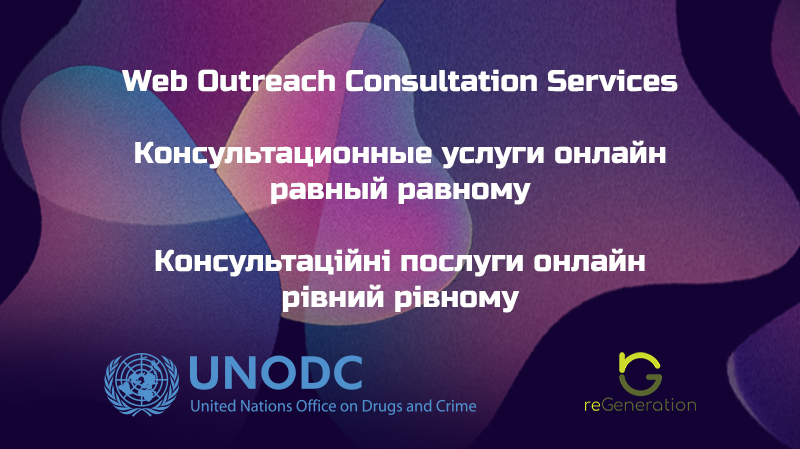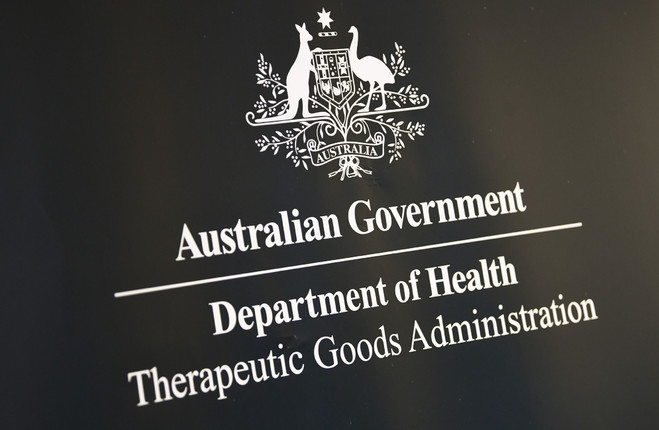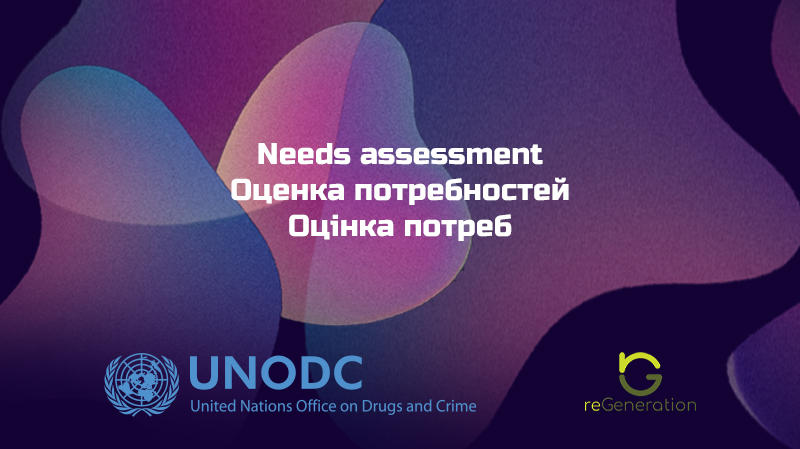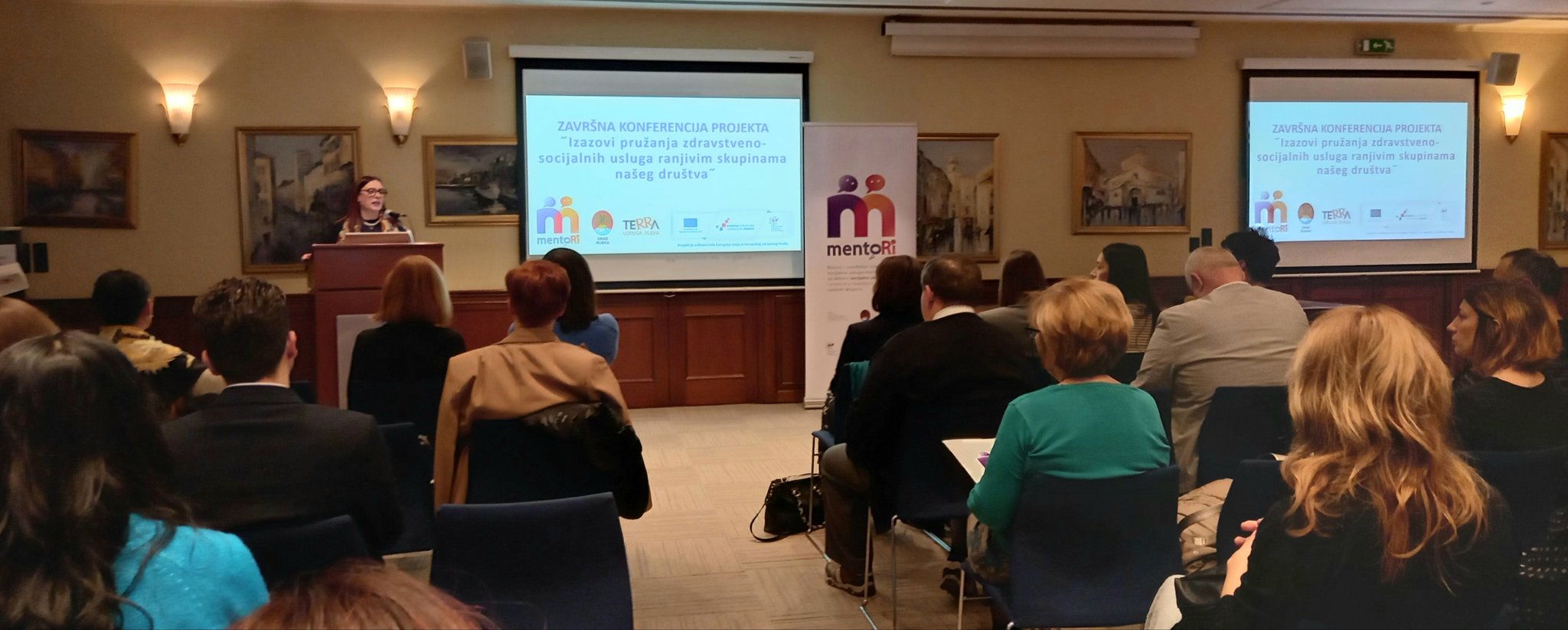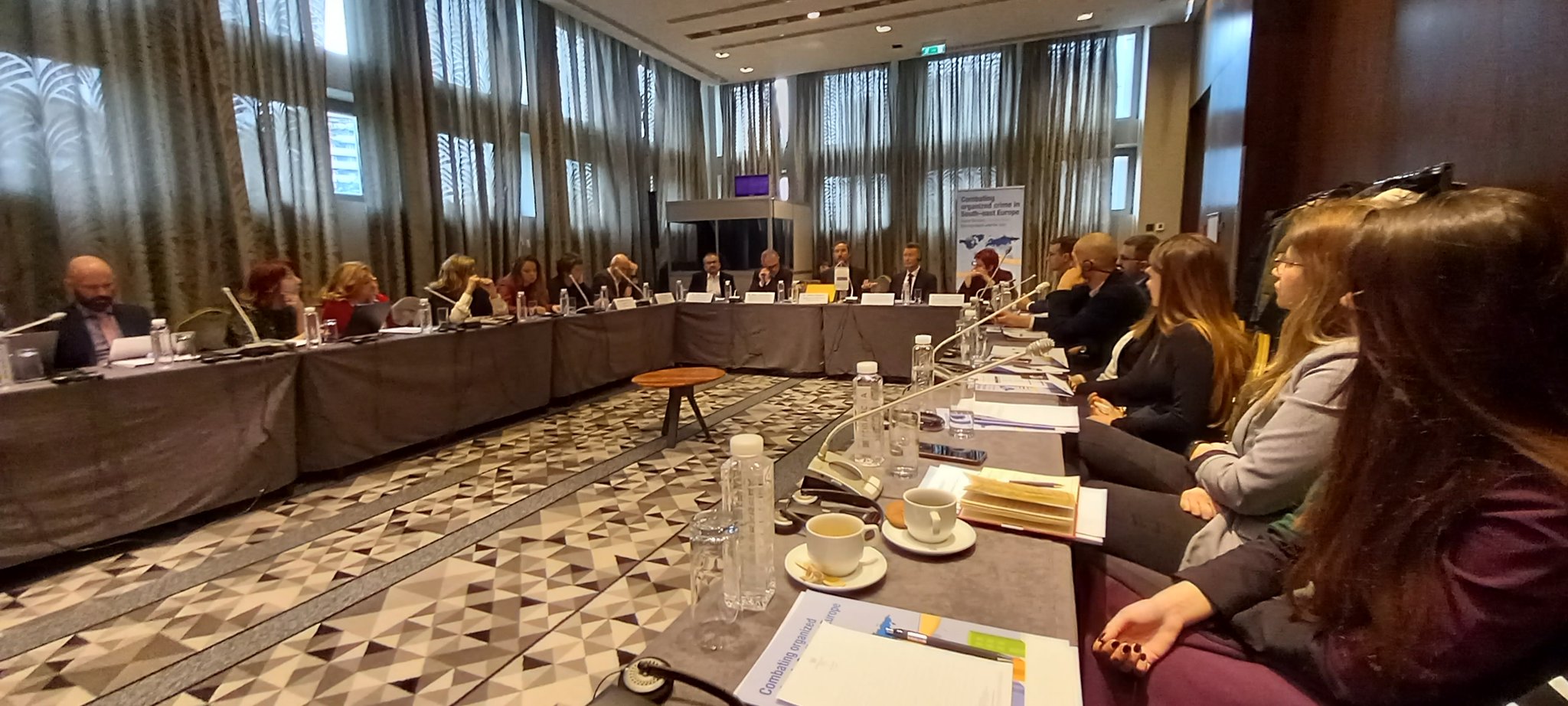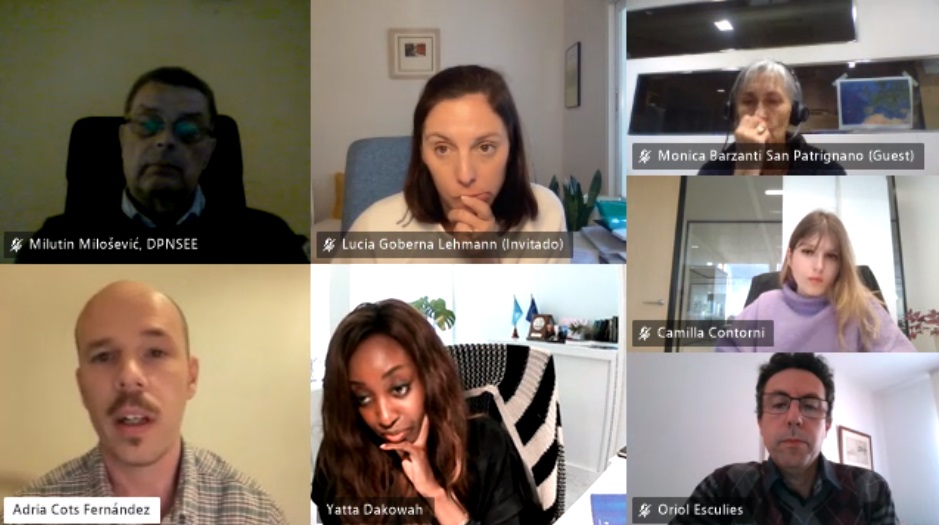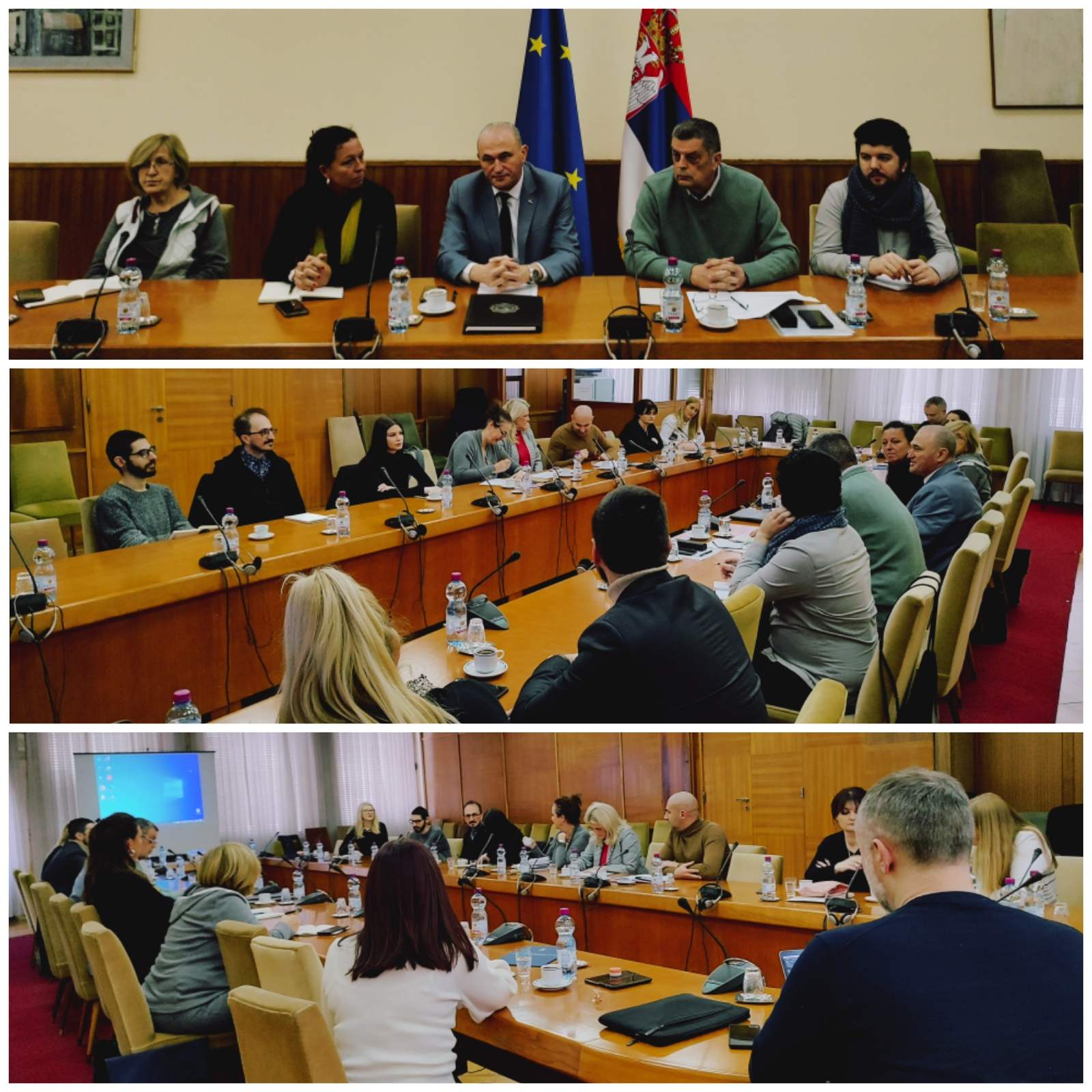Within the project “Emergency support for the provision of HIV and harm reduction services among key populations in Ukraine and refugees in selected neighbouring countries”, funded by the United Nations Office on Drugs and Crime (UNODC), our member organisation NGO ReGeneration is providing web outreach services to displaced Ukrainian and Russian citizens in the form of peer consultations and counseling on the topics of harm reduction regarding the use of psychoactive substances, NPS and stimulants in particular, and the risks that potentially accompany their use or related behavioral patterns. We are also providing referral services in terms of voluntary, confidential counseling and testing (VCCT) for HIV, HCV and sexually transmitted infections (STI) in general, as well as consultations and referral services regarding substance use disorders and other possibly necessary health, social or legal services (GBV and such).
The Web outreach services is provided via the Zoom platform, in the form of individual, anonymous and confidential peer consultations, five days per week, in time-slots of 3 hours.
The mode of communication and topics are entirely up to the beneficiaries. The consultations will be provided in English, by English-speaking staff. If any of the potential beneficiaries are not comfortable enough with their English to engage in consultations in this language, we are able to provide consultations in their native language by providing simultaneous interpreting from and into Russian or Ukrainian; however, due to the added logistical steps, it is necessary to schedule consultations in Russian or Ukrainian for specific dates and time slots; these can be scheduled by contacting our organization at: info@regeneracija.org.
To access the Web outreach service, follow this link>>>.

